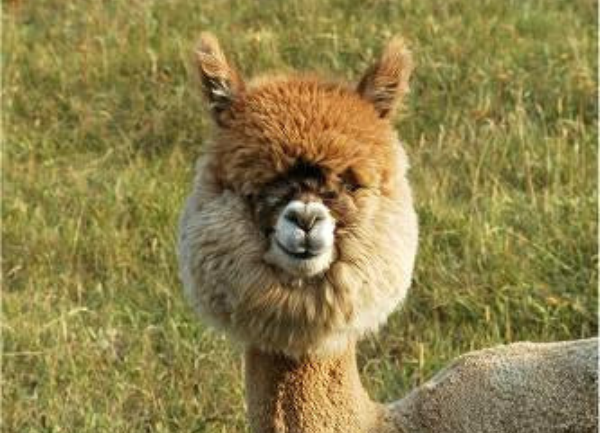Agisting Alpacas - Alpaca Owners without the Land
As with all livestock, and pets for that matter, you cannot just lock them up on any given day you want to go to the beach, graduation or vacation and have them wait until you get back to care about them. It takes preparation, especially when you have other owner's animals on your farm.
More Alpacas Means More Care:
Alpacas themselves are overall very healthy, hardy animals. However, the more you have the more likely you are to increase your time needed - be it walking through the herd checking on everyone, bottle feeding, vet checks, etc. We have 120 alpacas of our own, so 48 extra feet to trim, top knots to cut and teeth to maintain is more hours spent in the barn. We treat all of the alpacas as they are our own and all are equally cared for. Even if its not yours, you may end up sleeping in the barn with a sick cria while the owner is in her / his own bed.
Add on some Insurance:Bringing more people onto the farm means a higher innate risk of an accident. Be clear and thorough about your property receiving commercial, Ag insurance. Also, all agisted alpacas are required to have insurance.
You are now the Expert:
James and I pride ourselves on our years of knowledge and alpaca keeping. But if something goes wrong, you must have in place that you have authority to act on what you think is right, as well as the confidence and concern to do so. You are taking on a large responsibility - financially and for another's health. Agistee owners must respect what you suggest is right for the alpaca, even if it costs more.
All of our boarders receive a bill and an update regarding their alpacas quarterly. Their fees cover all minor items - hay, deworming, trimming. Outlying expenses - shearing and vet costs - are additonal charges. Keep your records up to date and be able to retrieve their information quickly, lest it look like you have no clue who their alpaca is.
Keep the house clean:Just today, we had someone knock our door for a farm visit. I had just emptied the refrigerator's contents onto the counter to clean it, 67 felted hats were drying on the floor and laundry was piled on the couch. Get ready, because you can have company at any time.
Keep agisters involved:
 Some agisters just want a check when an alpaca is sold. Others visit every few weeks to check on their herd. I always encourage agisters to be as involved as they want to be - invite them to help out with shearing, farm days, having babies (their own or yours) getting hay, raking manure. Just because they do not have land doesn't mean they do not want to be a part of the farm life on occasion.
Some agisters just want a check when an alpaca is sold. Others visit every few weeks to check on their herd. I always encourage agisters to be as involved as they want to be - invite them to help out with shearing, farm days, having babies (their own or yours) getting hay, raking manure. Just because they do not have land doesn't mean they do not want to be a part of the farm life on occasion.
Of course, being an agistor is not always a bowl of cherries. Or perhaps it is, but before enjoying it with abandon, one must consider the pits. Agistment, like alpaca ownership (for us) is a business. However, it is a business that goes on all day, all night, all weekend, and even if there is a family emergency. Many of us relish a business that could be pursued from home, but don't often consider all of the ramifications of conducting such a business.
We have learned a few lessons along the way. We try to work from a position of mutual trust and reinforce that with a written contract. Above all, I treat our agisted alpacas as we do our own.
